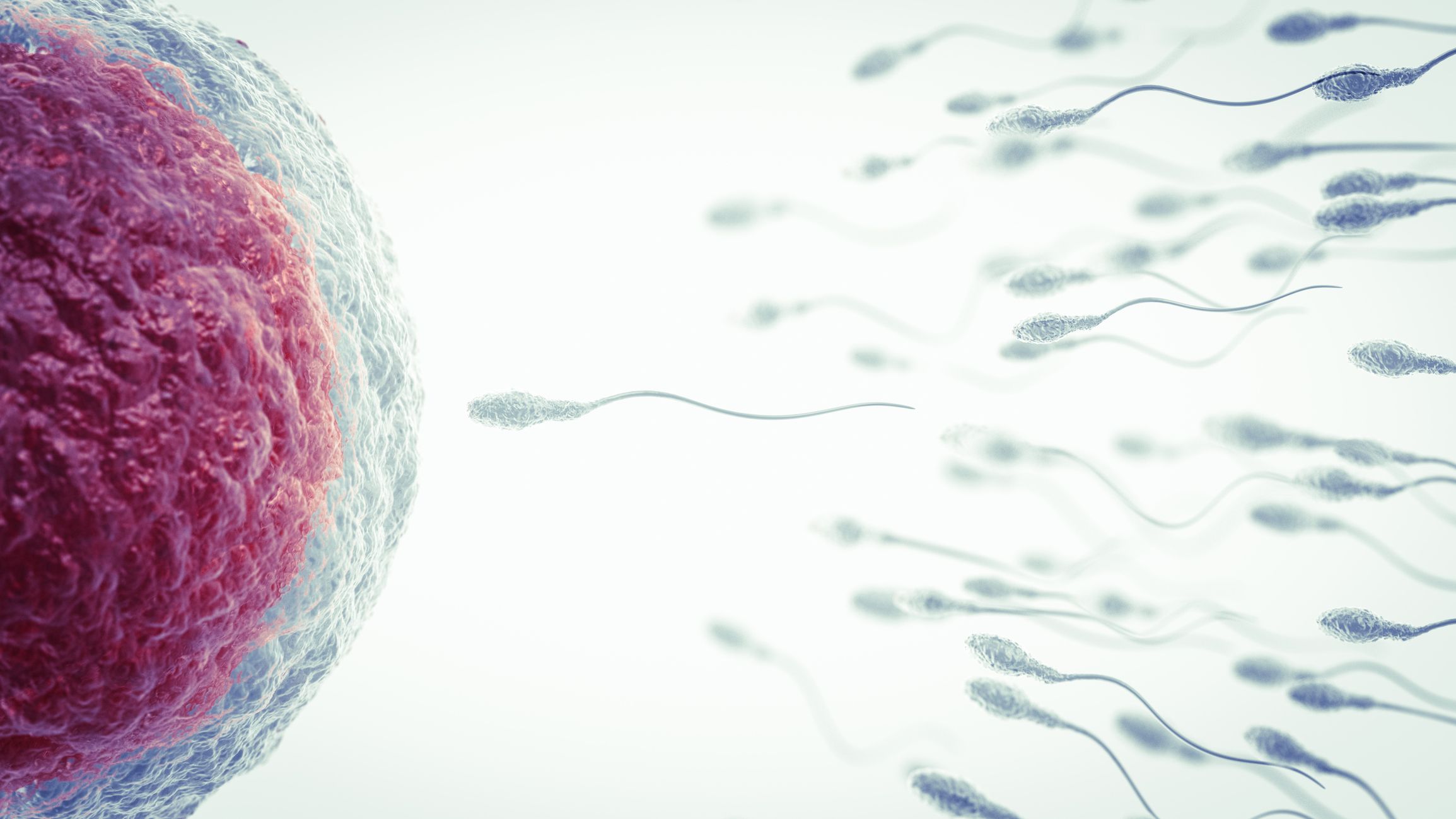IUI Success Rates

Infertility issues are much more common than most people realize. Fortunately, there are numerous fertility treatments available to help people realize their dream of becoming a parent. One treatment frequently offered at Arizona Associates for Reproductive Health is intrauterine insemination, or IUI, which transfers a concentrated sample of sperm directly into the uterus to boost your chances of becoming pregnant.
Many of our Scottsdale, AZ, patients who are considering IUI treatment want to know the probability of becoming pregnant with this procedure. Here, we discuss IUI success rates, as well as the factors that can have an impact on treatment results, so that you can get a sense for whether treatment might be right for you.
How Successful Is IUI?
Because every fertility clinic is responsible for reporting their own treatment data, it is difficult to calculate exact overall IUI success rates. However, it is generally estimated that average IUI success rates fall between 10 and 20 percent for each treatment cycle. While this may sound rather low, but it is actually pretty impressive. When two fertile adults try to conceive naturally, the chance of becoming pregnant is about 20 percent per cycle, so IUI comes close to delivering the same success rate.
It is also important to remember that, just as is the case with natural conception, numerous attempts at IUI are more likely to result in pregnancy. Most fertility specialists estimate that the chance of becoming pregnant within three IUI cycles is about 40 percent.
Factors that Affect IUI Success
Our Gilbert patients should understand that reported IUI success rates represent the average. Individual IUI success rates can vary based on a number of factors, including:
- Age – Age is the predominant factor to affect IVF success rates. While women under the age of 30 are likely to have success rates near 20 percent, that rate drops as a woman ages. Women between the ages of 30 and 40 are likely to have success rates closer to 10 percent.
- Sperm quality – IUI uses a concentrated and washed sperm sample, which means that all chemicals are removed from the semen and only sperm are transferred. This increases the likelihood of conception, but sperm quality is still important. Low sperm count or low sperm motility may result in lower IUI success rates.
- Fertility medication – IUI treatment is often performed alongside ovulation induction. Ovulation induction involves the use of fertility medication to encourage the production of multiple mature eggs. IUI success rates tend to be higher when fertility medication is used to induce ovulation.
How Many Cycles of IUI Will I Need?
Some of our Scottsdale patients are fortunate enough to have success on their first IUI cycle, but it is more common for patients to require repeat treatment cycles. The chances of IUI success is pretty high for patients who undergo three cycles. Although circumstances vary for each individual, we generally suggest that a patient consider alternate fertility treatments such as IVF if they have not become pregnant after three to four IUI cycles.
Contact Us
If your journey to parenthood has not been as smooth as you anticipated, it may be time to consider fertility treatment. To learn more about the chances of IUI and fertility services offered at Arizona Associates for Reproductive Health, schedule a consultation with our fertility specialists. To do so, send us a message at your earliest convenience or call (480) 681-1754.






